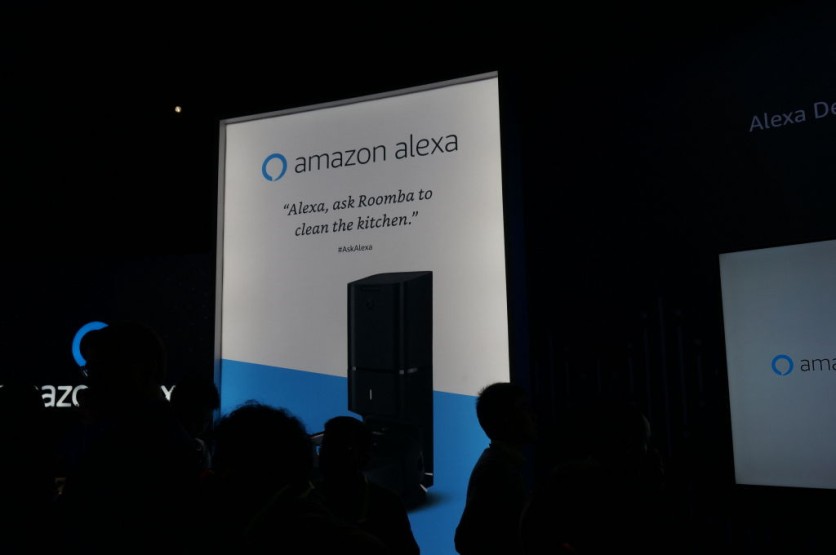In 2020, Amazon's Alexa faced scrutiny for providing responses to queries related to the U.S. presidential election, asserting that it had been stolen due to a significant level of election fraud. These responses were accompanied by references to sources such as Rumble, Substack, and Alexa Answers, which is Amazon's platform for crowd-sourced answers.

Sparking Controversy
Amazon's Alexa has sparked controversy by suggesting to users that the 2020 presidential election was marred by a significant amount of election fraud, prompting the tech giant to respond to the alarming content.
An inquiry conducted by the Washington Post revealed that when individuals posed questions about the legitimacy of the election to their Alexa devices, the responses provided often referenced unverified information, asserting that electoral fraud had indeed occurred.
In particular, Alexa's response included the assertion that the election had been stolen by a massive amount of election fraud while citing Rumble, a right-leaning video streaming platform.
Amazon has not disclosed the reason behind its devices relying on information from unverified sources when responding to user queries. In one instance, Alexa referenced Substack and asserted that the election was notorious for many incidents of irregularities and indications pointing to electoral fraud taking place in major metropolitan areas.
The Messenger reported that Amazon maintains that they collaborate with what they deem to be "reliable sources" such as Reuters, Ballotpedia, and RealClearPolitics. According to reports from The Post, the machine's response allegedly changed once Amazon was alerted to the issue.
Lauren Raemhild, an Amazon spokesperson, stated that these responses were inaccuracies that were delivered on a limited number of occasions and promptly rectified upon being brought to our attention. They consistently evaluate and enhance the systems we have in place for identifying and preventing the dissemination of inaccurate content.
Continuing to Harbor Doubts
Recent polling data reveals that a significant segment of Republican voters, influenced by former President Donald Trump, continue to harbor doubts regarding the legitimacy of President Joe Biden's 2020 election victory.
An August poll found that 69 percent of Republicans and Republican-leaning voters still hold the belief that Biden's win was not legitimate, marking an increase from 63 percent earlier in the year.
Among registered voters who cast their ballots for Trump in 2020, Daily Mail reported that the skepticism regarding the integrity of the last election was even higher, with 75 percent expressing doubts about its proper conduct.
Pollsters discovered that 38 percent of Americans presently endorse the assertion commonly referred to as the 'big lie,' while the majority, constituting 61 percent, maintain that Joe Biden's victory in the 2020 election was valid.
Within the cohort of Republican-leaning voters, comprising 69 percent, who harbored doubts about the election's legitimacy, a significant portion, totaling 39 percent, professed their belief in the existence of compelling evidence supporting their contention that the election was not conducted fairly.
Meanwhile, the remaining 30 percent merely indicated a sense of unease and suspicion surrounding the electoral process. In the opposite end of the spectrum, a separate 29 percent of GOP-leaning voters were of the opinion that Joe Biden's win was indeed legitimate.
Related Article : Amazon's Robotic Alexa Now More Human-Like After Generative AI Update

ⓒ 2025 TECHTIMES.com All rights reserved. Do not reproduce without permission.




